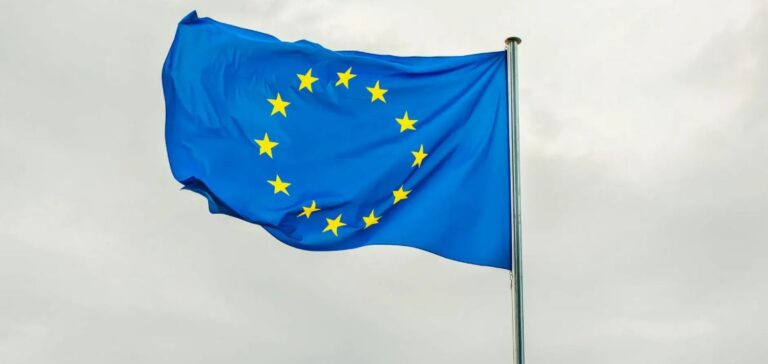The European Union has yet to begin formal discussions on its greenhouse gas emissions reduction target for 2040, despite a proposal made more than a year ago by the European Commission. The proposal recommends a 90% reduction in carbon dioxide emissions compared to 1990 levels. This delay comes as European priorities have shifted towards defence and competitiveness, particularly since Donald Trump’s return to power in the United States.
Institutional deadlock and delayed timeline
Last Thursday, during a meeting of Environment Ministers in Brussels, the issue was still not formally included on the agenda, reflecting a cautious approach by the European executive. Teresa Ribera, Vice-President of the European Commission in charge of the ecological transition, assured that a formal proposal would be presented “as soon as possible” to provide visibility for industrial stakeholders. However, observers have noted a troubling inertia. Linda Kalcher, Director-General of the think tank Strategic Perspective, believes that the delay weakens the Union’s international standing and gives other regions a pretext to postpone their own climate commitments.
Fragmented national positions
The lack of consensus among Member States is deepening the indecision. France has not yet supported the 90% target, instead calling for a focus on concrete sectoral measures, particularly in industry. Agnès Pannier-Runacher, France’s Delegate Minister for Industry, emphasised that any target must be “robust and based on achievable trajectories.” Italy is proposing a lower reduction, between 80% and 85%, in order to maintain flexibility for Member States. The Czech Republic, for its part, considers the 90% target unrealistic, given the structure of its heavy industry.
Political impact and tensions in the European Parliament
The debate reveals a growing polarisation within the European Parliament, where right-wing parties criticise the focus on 2040 at the expense of the 2035 milestone, for which the Union has an obligation to submit its climate roadmap (Nationally Determined Contribution, or NDC) to the United Nations. Peter Liese, a Member of the European Parliament from the European People’s Party (EPP), highlighted this lack of visibility, noting that the February deadline has already passed.
Industrial stakes and regulatory revisions
The renewed mandate of European Commission President Ursula von der Leyen begins with promises of administrative simplification, particularly for companies facing environmental compliance requirements. While the Commission claims to remain committed to climate objectives, several non-governmental organisations observe a weakening of the momentum initiated by the European Green Deal.
The timeline may shift in July, when Denmark takes over the rotating presidency of the Council of the European Union from Poland. Until then, industrial and institutional actors remain in anticipation of a clear signal regarding the upcoming regulatory and financial trajectory.






















